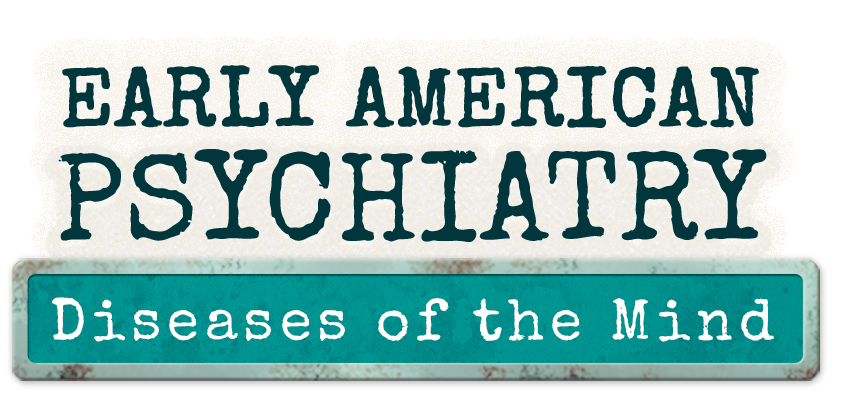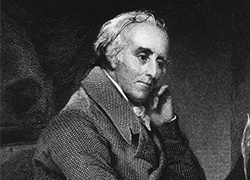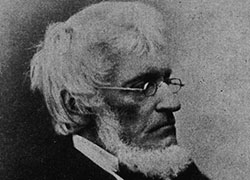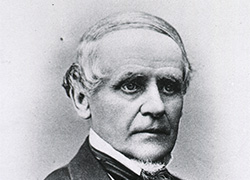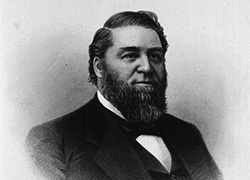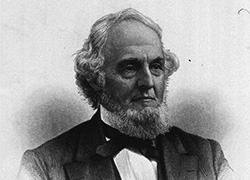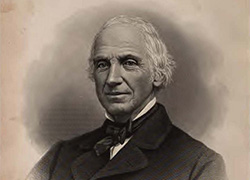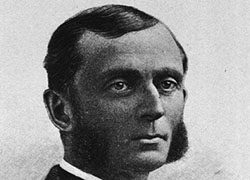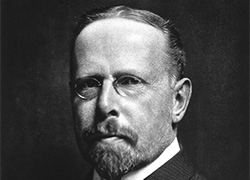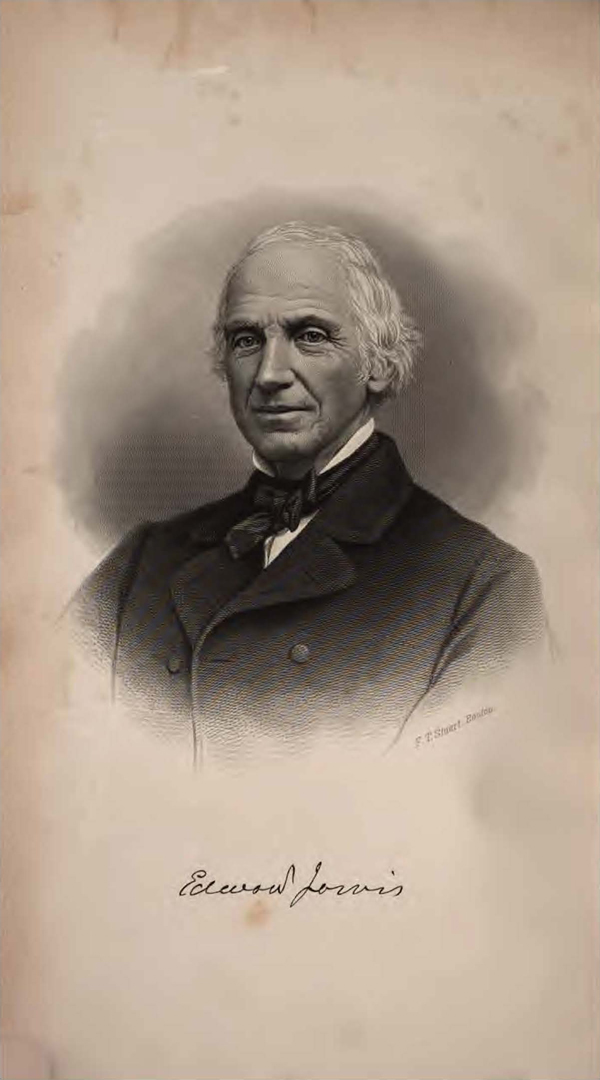Biography: Edward Jarvis
Edward Jarvis, M.D. (1803–1884): Psychiatric Epidemiology
Edward Jarvis may be called the first American psychiatric epidemiologist. He became a leading authority on vital statistics in the U.S. during the period 1850 to 1870.
Jarvis, born in Massachusetts and educated at Harvard (M.D., 1830), had unsuccessful medical practices in Massachusetts and Kentucky. He returned to the Boston area in 1843 and began seeing, treating, and housing mentally ill patients in his home. In 1840, at the request of educator Horace Mann, he published a book on health for use in schools, Practical Physiology for the Use of Schools and Families (Philadelphia, 1848) which was later translated into a number of languages, including Japanese.
Jarvis had studied the Federal Census for 1840 and found errors relating to the counting of mentally ill persons. He became a member of the existing American Statistical Society and president for many years, and on behalf of the Society, he wrote a petition to Congress to revise procedures for gathering census data, entitled “Statistics of insanity in the U.S.” (Boston Medical & Surgical Journal, v. 27, September 21, 1842). He later served as a consultant to the Census Bureau for the 1850, 1860, and 1870 census activities.
He was much concerned about the role in mental health of race and ethnicity as related to social class and the influence of immigration as American culture. He published over 50 papers on statistics, hygiene, and insanity including the article, “Insanity among the colored population of the free states” (American Journal of the Medical Sciences, v. 7, 1844, p. 71-83). In 1860, Jarvis was an official delegate for the Statistical Society to an International Statistical meeting in England and visited asylums there. Psychiatric historian Gerald Grob wrote, “Jarvis contributed to a newer synthesis that merged medicine, morality and social science.” (G. Grob, Edward Jarvis and the Medical World, Knoxville: Univ. of Tennessee Press, 1978, p. 221).

